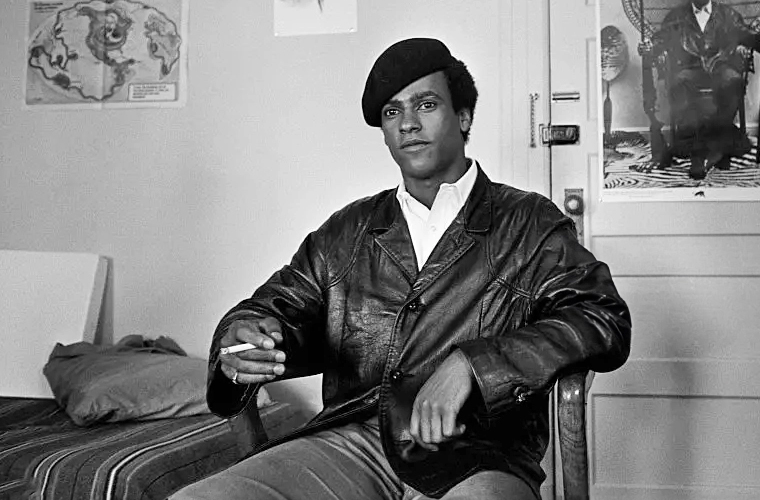Huey P. Newton was an influential figure in the civil rights movement and a co-founder of the Black Panther Party. Born on February 17, 1942, in Monroe, Louisiana, Newton grew up in a racially segregated and economically disadvantaged environment. Despite the challenges he faced, he went on to become a prominent leader in the fight for social justice and equality.
Newton’s early experiences with racism and discrimination fueled his passion for activism. He witnessed firsthand the injustices faced by African Americans in the United States and was determined to bring about change. In 1966, he and Bobby Seale co-founded the Black Panther Party for Self-Defense, an organization dedicated to addressing police brutality and systemic inequality.
Under Newton’s leadership, the Black Panther Party became known for its advocacy of self-defense, community empowerment, and social programs aimed at addressing the needs of African American communities. The party’s ten-point platform called for an end to police brutality, employment opportunities, decent housing, and access to education and healthcare for all African Americans.
Newton’s commitment to social justice was not without controversy. The Black Panther Party’s confrontational approach to addressing racial inequality often put them at odds with law enforcement and government authorities. Newton himself faced numerous legal challenges and was ultimately convicted of manslaughter in 1968 after a confrontation with police officers.
Despite his legal troubles, Newton continued to be a vocal advocate for civil rights and social change. He emphasized the importance of self-reliance and community organizing as tools for empowerment. Newton also sought to build alliances with other marginalized groups, recognizing the interconnected nature of oppression and the need for solidarity across racial and ethnic lines.
In addition to his activism, Newton was also a prolific writer and thinker. He articulated his views on black liberation, socialism, and the struggle for equality in essays and speeches that continue to inspire activists today. His work emphasized the need for collective action and the importance of challenging oppressive systems through both political and grassroots means.




















Tragically, Newton’s life was cut short when he was fatally shot in 1989. His untimely death was a loss to the civil rights movement, but his legacy continues to resonate. His contributions to the fight for racial equality and social justice have left an indelible mark on American history.
Huey P. Newton’s impact on the civil rights movement cannot be overstated. His fearless advocacy for black liberation and his unwavering commitment to social change continue to inspire activists around the world. His legacy serves as a reminder of the ongoing struggle for equality and justice, and his work remains relevant in today’s fight against systemic racism and oppression.

